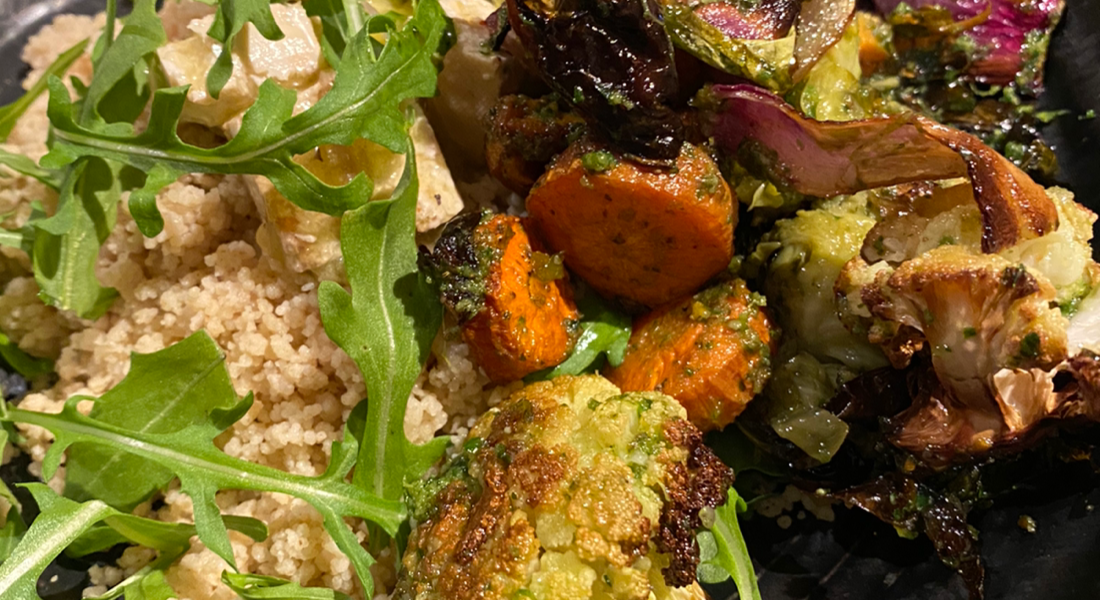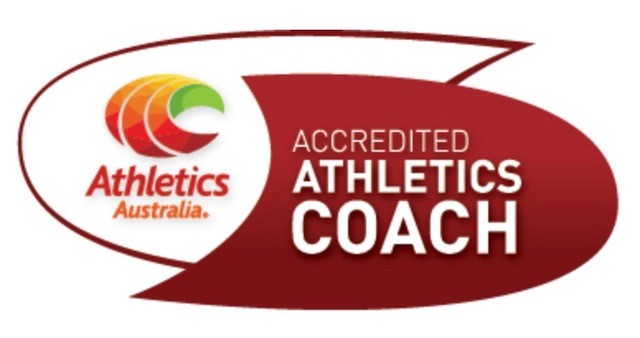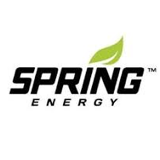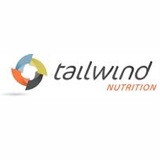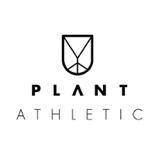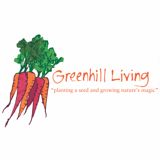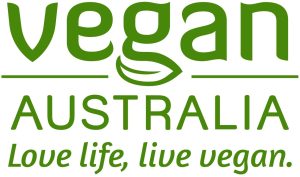The Planted Athlete
Wholefoods First
When you are feeling run down, stressed, lethargic, worrisome even happy, joyful and energetic food should play a pivotal role in your daily routine. When it comes to managing feelings & emotions not to mention inner health; food first, supplements later (if you need them at all).
Athletic Performance
Refining your athletic performance should be based around a sound eating plan which satisfies caloric needs based on your strength & performance goals, overall energy, immune functioning, and hormonal balance. Food is the foundation to all things that make you function.
Nutrient Dense Foods
Eating nutrient-dense foods is the best and simplest way for your body to get vitamins and minerals.; eat the rainbow as they say and this includes copious amounts of fruits, vegetables followed by wholegrains, nuts, seeds, and protein sources such as soy, beans and lentils.
The Planted Plate
Kale
Move over spinach, this dark leafy green vegetable is packed with an abundance nutrition that makes it must in your athletic diet. It is a good source of vitamins K, C, A, and B6, as well as calcium. It also contains natural antioxidants and fibre.
Butternut squash
Let’s get rooted, this root vegetable is high in fibre and antioxidants. It is also starchier than other squashes, making it higher in carbohydrates and a cleaner-burning fuel source. It’s packed with vitamins A and C and potassium.
Wholegrains
Don’t be so refined when it comes to your grains; unrefined grains provide important vitamins and minerals as well as fibre. They are a key a fuel source with wholegrains having a lower glycaemic index than other carbohydrates, which causes less of a spike in blood sugar levels and allows for a longer duration of satiety.
Beans & Lentils
Don’t be put off by the farty nature of beans & lentils; edamame, kidney, cannellini, black beans and lentils are an excellent source of both protein and carbohydrates. They provide adequate amounts of magnesium, iron, folate, potassium, and fibre and are relatively cheap when it comes to affordable foods.
Nuts
Ah nuts, despite being high in fat, nuts provide unsaturated fats that have been shown to help decrease inflammation. They also provide protein, fibre, potassium, vitamin E, and folic acid. In particular key nuts to eat include Brazil nuts, walnuts, almonds and pistachios.
The key to vitamins
The key vitamins a Planted Athlete should focus on in order to support training outputs and recovery include calcium, iron, zinc, magnesium, the B vitamins, and vitamin D, as well as some antioxidants such as vitamins C and E, beta-carotene, and selenium.
Calcium
Calcium’s bioavailability goes beyond a glass of dairy milk! Calcium is important for the growth, maintenance, and repair of bones as well as regulation of muscle contraction, nerve conduction, and blood clotting. Dark green leafy vegetables, fortified milks, nuts and soya products are key sources of calcium for a planted athlete.
Iron
We all want to be an Iron (wo)man don’t we? Iron availability & stores are probably the most common micronutrient deficiency among athletes. Performance can be affected because of less than optimal levels of haemoglobin, as well as changes in the muscle–reduced amounts of myoglobin and iron-related enzymes that are involved in energy production both of which are oxygen-carrying proteins. The capacity to carry oxygen is essential for endurance exercise as well as for normal function of the nervous, behavioural, and immune systems.
Zinc
If one of your goals is to stay healthy, then you need to be paying attention to this mineral. This mineral aids in the growth and repair of muscle tissue, energy production, and immune status. Zinc occurs in different concentrations in a wide variety of food including beans, nuts and fortified cereals.
Magnesium
Rub, consume or soak magnesium participated in a variety of roles, the metabolism of carbohydrates, protein, and fats, magnesium also regulates neuromuscular, cardiovascular, immune, and hormonal functioning. Endurance performance is impaired by magnesium deficiency because of increasing oxygen requirements to complete exercise.
B vitamins (Folate and B12)
Can’t have one without the other. Folate and B12 are required for the production of red blood cells, protein synthesis, and in tissue repair and maintenance. Severe deficiency of B12, folate, or both may result in anaemia and reduced performance. B12 is the one supplement you should as a planted athlete be taking.
Vitamin D
Sun bathing isn’t all bad. Technically not a vitamin, this hormone is necessary for the absorption of calcium, making it essential for bone health. It also plays an important role in immune function and reducing inflammation.
Antioxidants
Consume more antioxidant foods and watch your overall health rise! Particularly vitamins C and E, beta-carotene, and selenium these antioxidants play important roles in protecting cell membranes from oxidative damage and may help defend the body against oxidative stress from harmful free radicals. Think: blueberries, dark chocolate (you can thank me later), pecans, strawberries, raspberries, red cabbage, beans and spinach.
Health Longevity
The importance of an overall wholefood diet is the key to long-term success in work, training and rest. We are what we eat, so avoid being fast, cheap, easy or fake.
